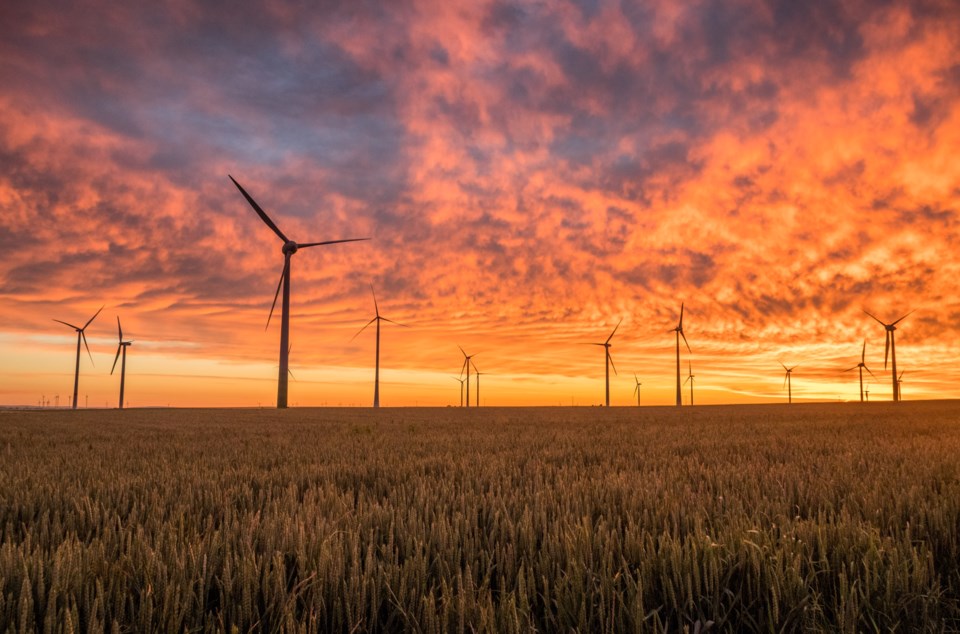Xcel Energy-Colorado, Platte River Power Authority and Black Hills Colorado Electric, LLC announced Wednesday that they will join the Western Energy Imbalance Service Market, or WEIS, within the next year.
According to PRPA’s spokesperson Steve Roalstad, each utility is responsible for meeting the demands of customers within its district through a number of energy sources such as coal, wind, solar, gas and energy stored within a battery, to name a few.
Each utility is connected to a grid that distributes energy within a community. When the community’s need for power exceeds what is available, a utility can reach out to neighboring communities to purchase additional energy. The opposite is also true, when a community produces more energy than they can use, they can sell it to other communities in need.
Utility companies often join together to balance the distribution of energy within a region. The distribution of energy could happen for a few reasons, Roalstad said, including equipment maintenance or higher demand.
Xcel, PRPA, Colorado Springs Utilities and Black Hills currently buy and sell power through a joint dispatch agreement, or JDA, allowing for a localized sharing of energy. This system serves a small region of utilities, however, is limited in the types of energy it can access at a given time.
By participating in the WEIS, local utilities will be able to access more options for renewable energy from a larger region. According to Roalstad, imbalance service markets are seen across the U.S., however, the region around the Rocky Mountains does not have one. The WEIS, controlled by Southwest Power Pool, will begin to solve that problem.
By joining a broader region, utilities are able to connect with different energy resources, helping to eliminate the reliance on carbon energy sources.
For example, wind power may be available in Colorado but the amount of energy produced may be less than that in Texas. Should Colorado need more energy it can purchase the excess wind power from Texas.
“Joining the WEIS will expand the benefits we gained from the joint dispatch agreement (JDA) on behalf of our owner communities,” said Jason Frisbie, general manager and CEO of Platte River Power Authority. “We’ve created excellent partnerships through the JDA that currently provide great value to our customers. Moving into an energy imbalance market brings Platte River one step closer to a noncarbon energy future.”
“As we look at opportunities moving forward, this short-term step meets our energy needs to deliver clean, reliable and affordable energy to customers right now,” said Alice Jackson, president of Xcel Energy—Colorado. “The energy imbalance market allows us to participate in an organized market while giving us the flexibility to explore a more permanent solution that will help us integrate more wind and solar energy onto our system.”
Participation in the WEIS will also allow local utility companies the ability to keep energy rates lower.
“On an aggregated basis, when you are looking at very large population regions, savings could be well into the millions of dollars a year. When you spread it across millions and millions of people it may not be a significant amount each year, but at the same time, it keeps rates from having to rise as much as they might have otherwise,” Roalstad explained.


